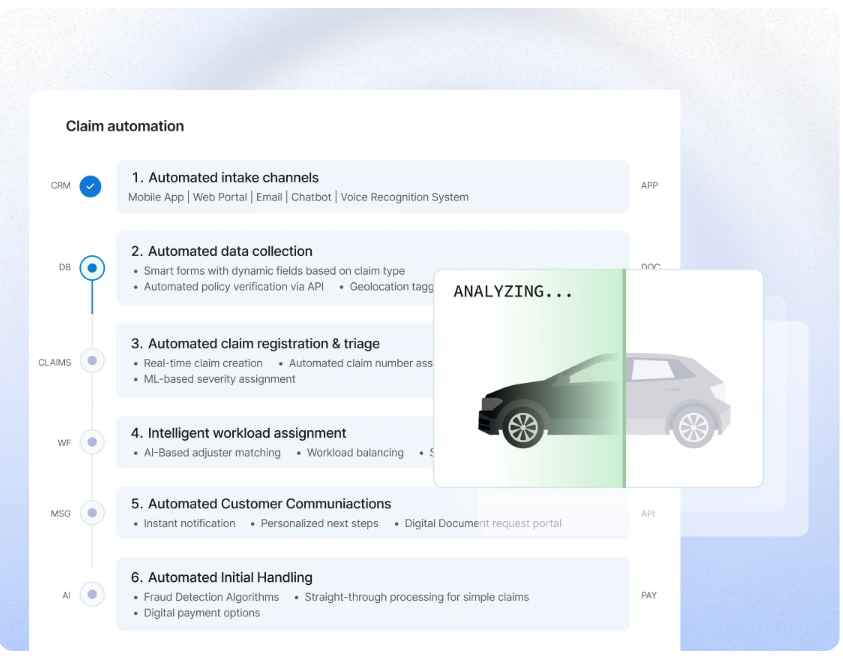In today’s digital era, human resources (HR) management has undergone a significant transformation with the advent of HR software solutions. These powerful tools have revolutionized the way organizations manage their workforce, streamline processes, and enhance productivity. If you’re considering implementing HR software in your organization but are unsure where to start, this guide will provide you with valuable insights into what HR software is and how to choose the best solution for your business needs.
What is HR Software?
HR software, also known as human resource management systems (HRMS) or human capital management (HCM) software, refers to a comprehensive suite of tools and applications designed to streamline and automate various HR functions and processes. These functions may include:
- Recruitment and Applicant Tracking: Facilitate the hiring process by posting job openings, managing applications, and tracking candidates’ progress through the recruitment pipeline.
- Employee Onboarding: Simplify the onboarding process for new hires with automated workflows, digital forms, and training modules to ensure a smooth transition into the organization.
- Employee Data Management: Centralize employee information, including personal details, employment history, performance evaluations, and training records, in a secure, easily accessible database.
- Time and Attendance Tracking: Monitor employee attendance, manage time-off requests, and track hours worked for accurate payroll processing and compliance with labor regulations.
- Performance Management: Set goals, conduct performance reviews, and provide feedback to employees to support their professional development and enhance overall performance.
- 6. Benefits Administration: Manage employee benefits such as health insurance, retirement plans, and paid time off, including enrollment, eligibility verification, and reporting.
- Employee Self-Service: Empower employees to access and update their personal information, view pay stubs, request time off, and participate in training programs through a user-friendly self-service portal.

How to Choose the Best HR Software Solution?
Selecting the right HR software solution for your organization can be a daunting task, given the myriad of options available in the market. Here are some essential factors to consider when evaluating HR software solutions:
- Assess Your Needs: Identify your organization’s specific requirements and pain points, and prioritize the features and functionalities that are most critical to addressing them. Consider factors such as company size, industry, budget, and existing HR processes.
- Scalability and Flexibility: Choose an HR software solution that can grow and adapt to your organization’s changing needs over time. Whether you’re a small startup or a large enterprise, scalability and flexibility are essential to accommodate future growth and expansion.
- User-Friendly Interface: Look for an HR software solution with an intuitive, easy-to-navigate interface that will facilitate widespread adoption and user satisfaction within your organization. A user-friendly interface will minimize training time and support seamless integration into your existing workflows.
- Integration Capabilities: Ensure that the HR software solution integrates seamlessly with other essential business systems and applications, such as payroll software, accounting software, and collaboration tools. Integration capabilities are crucial for streamlining processes and eliminating data silos across your organization.
- Compliance and Security: Prioritize data security and regulatory compliance when evaluating HR software solutions. Choose a vendor that adheres to industry standards and regulations, such as GDPR and HIPAA, and offers robust security measures to protect sensitive employee data.
- Vendor Reputation and Support: Research the reputation and track record of the HR software vendor, including customer reviews, testimonials, and case studies. Additionally, consider the level of support and customer service provided by the vendor, including training resources, implementation assistance, and ongoing technical support.

Conclusion
HR software has become an indispensable tool for modern organizations looking to streamline HR processes, enhance employee engagement, and drive organizational success. Implementing the best HR software in UAE, Dubai ensures compliance with local regulations while optimizing HR operations for maximum efficiency.
By understanding the functions of HR software and following these guidelines for choosing the best solution for your organization, you can empower your HR team to achieve greater efficiency, productivity, and compliance in managing your most valuable asset – your people.







